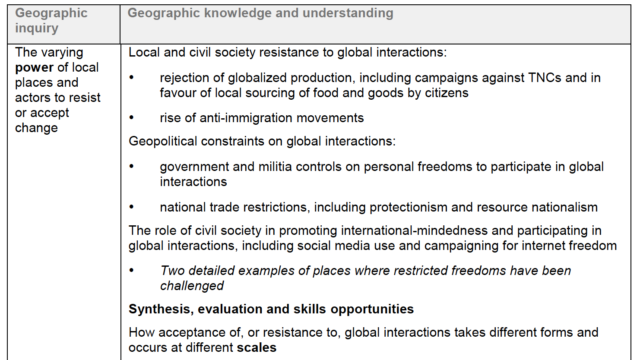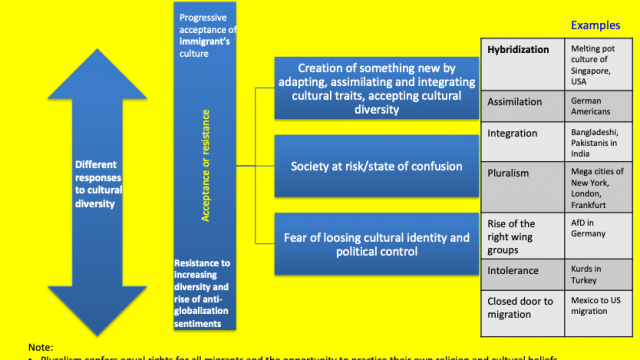Local and civil society resistance to global interactions: Rise of anti-immigration/anti-globalization movements
The future of economic globalisation has been shaken by a series of political earthquakes in recent times. The rise of extreme rights and supra-nationalistic groups in many countries, Britain voted to leave the largest trading bloc in the world, jeopardise trading relationships of USA in the past years, anti-globalisation parties garnering better results than ever before in many west European countries have imposed question on the future of globalization. Recent Corona pandemic crisis has even worsened the possibility of tourism and free movement of labour manifold.
Why Anti-globalization movements are on rise:
- According to free trade theory, the globalisation of trade in goods and services would benefit consumers in rich ‘Core’ countries by giving them access to inexpensive goods produced by the cheaper labour in poorer countries, and this in turn, would help grow the economies of those poor ‘peripheral’ countries. However, in reality, low skilled European and American workers had endured a major fall in the real value of their wages, which dropped by more than 20% in last decades. Workers were suffering more spells of unemployment, more volatility in the hours they were expected to work. On the other hand, skilled hardworking migrants’ workers in these countries are gaining the fruits of their labour.
- Massive proliferation of sweatshops (very little price for hard works such as in China, Thailand, Bangladesh), call centres in the developing countries also came into the limelight sparking several anti-globalization movements in several countries. Business process outsourcing on the other hand, created economic crunch in the developed countries.
- Coupled with the above mentioned economic factors, failure of the integration program in many countries lead to xenophobia, a fear for the migrants culture and rise of the anti-immigrants groups such as Global Justice movement, Occupy Wall Street, AFD (Alternative für Deutschland, a German political party gaining importance in recent times) and so on.
Examples of places where restricted freedoms have been challenged
Hong Kong is a former British colony in south eastern China, has long enjoyed a special status under the principal “one country, two systems”. The Basic Law dictates that Hong Kong will retain its common law and capitalist system for 50 years after the handover in 1997. But there are fears that China is extending its influence over Hong Kong long before this deadline. Read more from ‘The Sun’ report on Hong Kong’s protests and riots.
Partial or total internet blocking is becoming a regrettably common government response to protests or political upheaval in Iran. Click here to read more on the regime’s approach to internet censorship.


